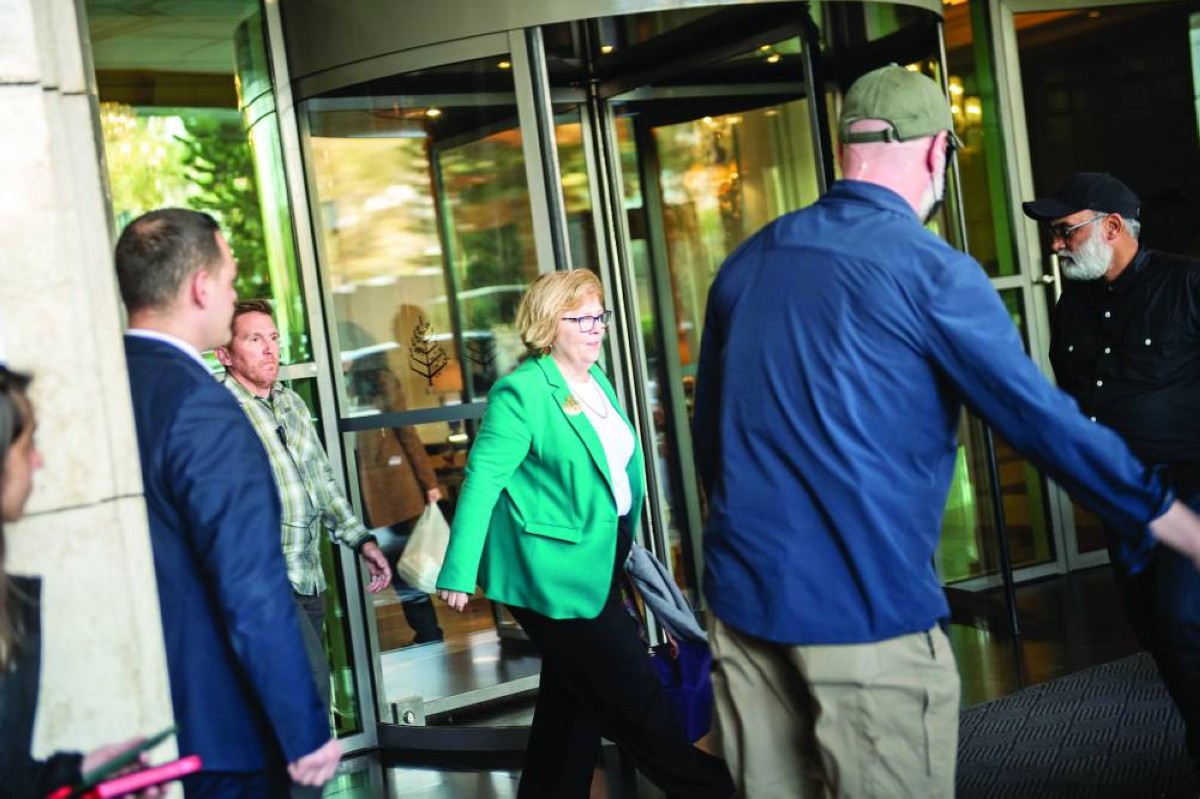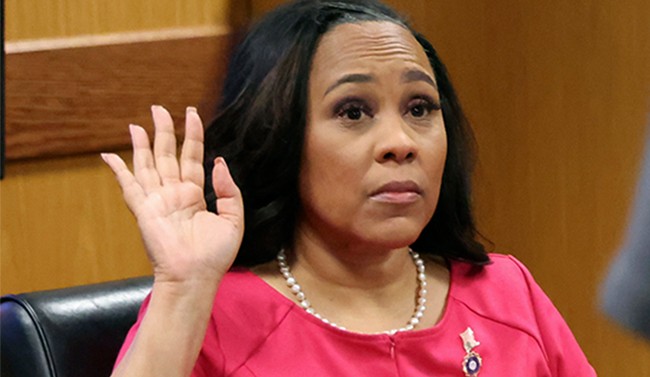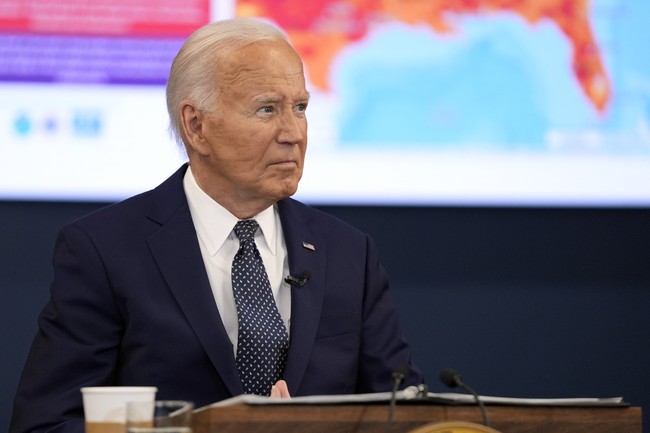Syria's Gold Reserves Amidst Economic Hardship
As Syria undergoes a dramatic political shift, the future of its financial reserves, particularly its substantial gold holdings, remains uncertain amidst ongoing economic challenges.
Published December 19, 2024 - 00:12am

Image recovered from vm.ru
In the shadow of a decade-long civil war and recent political upheaval, Syria's financial reserves have become a focal point of concern for international observers. The country, which continues to struggle under the weight of its economic turmoil, has managed to retain a substantial gold reserve of approximately 26 tons, a figure that has remained steady since before the onset of the civil conflict in 2011. Despite the regime change and the subsequent challenges, these reserves remain one of the few constants in Syria's deeply troubled economic landscape.
The downfall of Bashar al-Assad's regime has highlighted the financial vulnerabilities faced by the Syrian state. With foreign currency reserves having dwindled significantly, the current estimates suggest that Syria now holds only around 200 million dollars in its coffers, a stark decrease from the 14 billion dollars reported in 2011. This steep decline is largely attributed to the Assad government's extensive use of these funds in sustaining its war efforts, as well as in purchasing essential commodities such as food and fuel.
The political upheaval, involving opposition groups taking over the capital, Damascus, and the subsequent asylum granted to Assad in Russia, has added layers of complexity to Syria's already fraught situation. The agreement with Russia ensured Assad's safety, yet also signified a shift in the control over Syria's Central Bank assets. The necessity for the new administration to negotiate and cooperate with international bodies has become even more pressing as sanctions imposed by Western powers continue to stymie economic recovery efforts.
International reports have also suggested financial maneuvers by the Assad regime involving the transport of substantial sums to Russian banks, including allegations of flights carrying cash intended for deposit in Moscow. This has stretched the already thin nerves of financial oversight in Syria, raising questions about the transparency and future actions of the Assad family's financial dealings post-regime.
The economic reconstruction of Syria is estimated to cost approximately 400 billion dollars, a figure indicative of the vast challenges ahead for the country. As the interim government under Prime Minister Mohammad Al-Bashir seeks stability, the critical task will be rebuilding trust with international financial institutions and stabilizing the national economy amidst the rapid political transitions.
Despite the drastic reduction in foreign reserves, the gold holdings provide a slim silver lining, potentially serving as collateral for future economic rebuilding efforts. However, amid ongoing sanctions and internal infrastructural devastation, the path towards recovery remains daunting.
Ultimately, the stability of Syria's financial reserves is closely intertwined with political developments and international relations. As new governance structures take root, the priority will be to ensure financial transparency and rebuild connections with global economic bodies, fostering an environment conducive to growth and renewal in this war-ravaged nation.







